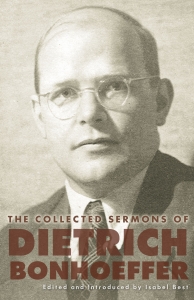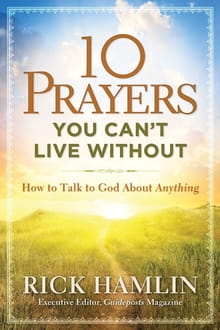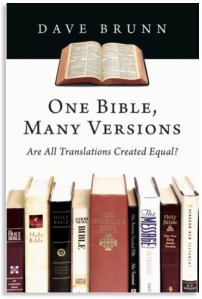
The Collected Sermons of Bonhoeffer
edited and Introduced by Isabel Best
ISBN 978-0-8006-9904-8
Fortress Press
Reviewed by Clint Walker
In my first year after seminary, I served with a senior pastor and mentor who was well-read, intelligent, and thoughtful. One of the blessings of that brief moment of mentoring is that it was, in many ways, like a residency or an paid internship my first year in ministry. The time with Dave Hansen ended up being a fine transition from the seminary world to the world of full-time Christian service. Rather than being either dismissive or wistful about seminary study, Dave taught me how to use my education and intellectual skills for the work of the ministry.
One of the first challenges I had when I continued to read deeply of theological and biblical scholarship after seminary is to not make my learning theoretical, but to make it practical. As I met with a few other guys to read Calvin's Institutes in a diner before we would start our day in service to the church once a month, I was reminded that Calvin and Luther were pastors as well as academics. Their theology was tried and tested and lived in the world with other believers.
Perhaps this is one reason I love The Collected Sermons of Bonhoeffer. Bonheoffer's sermons show a first class mind and theological intellect wrestling with communicating Biblical truth to every day people. Each of the sermons gives us examples of the depth of Bonhoeffer's thinking, but that thoughtful interaction with Scripture is communicated to people in their stations in life, relating to what they are going through. It is simply brilliant.
Isabel Best has also done an excellent job in compiling the Collected Sermons of Bonhoeffer in such a way as to tell us the story of Bonhoeffer as well. We see, as she shares sermons chronologically and strategically, a development in Bonhoeffer's thinking, his personal mission, and his ministry as a whole. We read his sermons in Barcelona, Berlin, London, and Finkenwalde. We follow the life of Bonhoeffer through his sermons, and Best's skillful introductions to each one of them.
Since I have received this resource from Fortress Press to review, I have been patiently making my way through the text. Reading sermons as devotionals at times, I have personally been moved and challenged by Pastor Dietrich's preaching. And, on moments I need it, I will return once again to this fine book.
This is a resource needed on every pastor's bookshelf.












